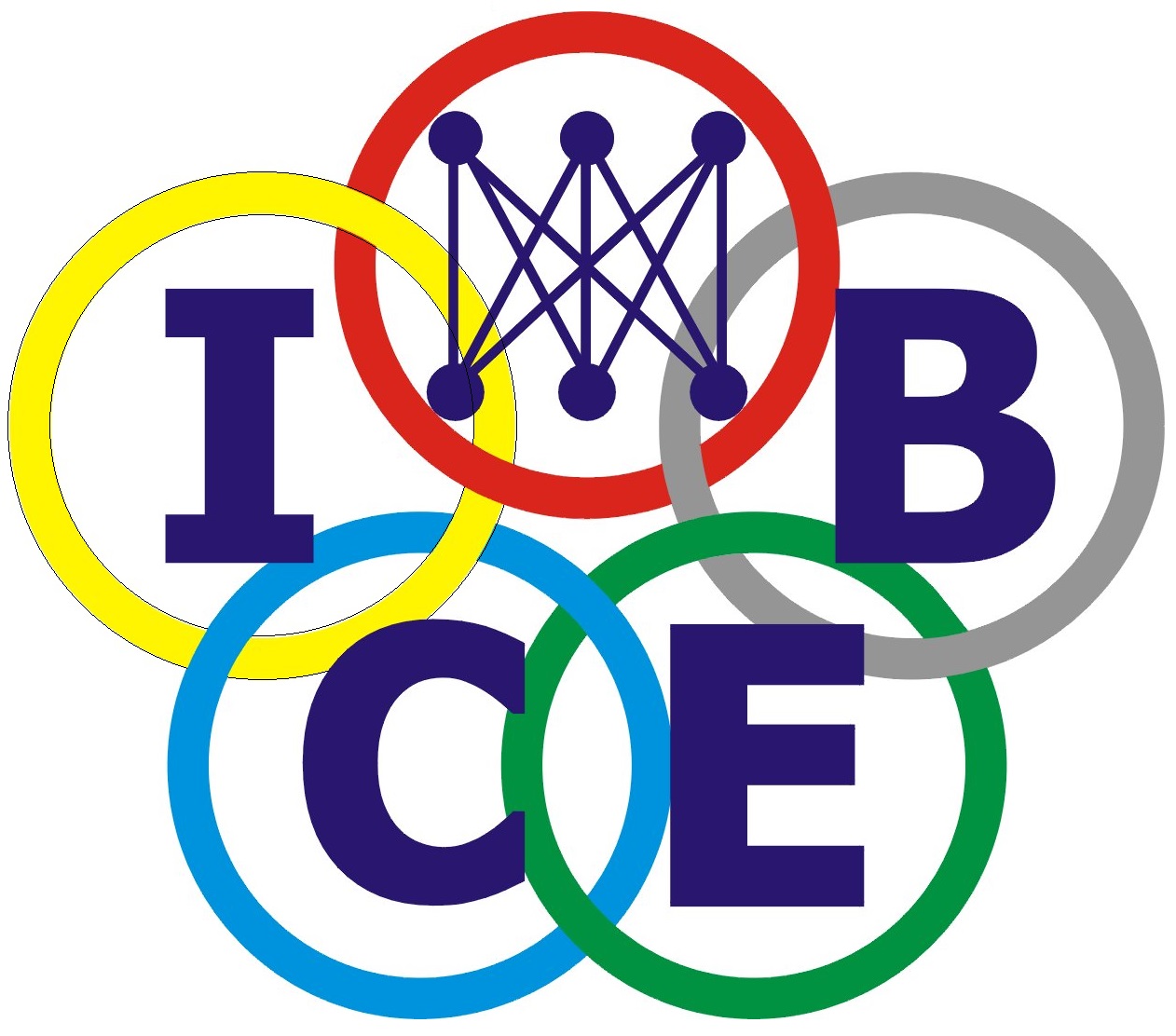Document Type
Article
Abstract
The concept of knowledge management (KM) is relatively a new one. But this concept has been widely discussed these days as it has been recognized that knowledge management is one of the important components of intangible assets of any business or nonbusiness organization. In the business world, the earlier concept of knowledge has been changed where data, information etc. were treated as knowledge. Knowledge is now treated not as some data or information but this is power – a strategic (created) asset. Firms around the world are looking mainly for strategic assets rather than tangible resources. As a result, management of such an asset has become a challenge to the present world. There are controversies also exist across countries because of the fact that it is not objectively verifiable whether knowledge management adds value to the organization.
This paper attempts to conceptualize knowledge, its different types and the notion of knowledge management. This has been mainly done by the survey of literature on the basis of research work carried out around the world. However the main contribution of this article is that it has taken the Porter’s Value Chain Model (1985) to evaluate if there is any relationship between this model and knowledge management or whether knowledge management adds value to the organization or not. A null hypothesis has been drawn assuming that there is no relationship between them. It has been found that the null hypothesis is not true and hence rejected. This indicates that KM adds value – the acceptance of alternative hypothesis (H1).
Recommended Citation
Alam, Jahangir; Karim, Mohammad Aminul; and Uddin, Mohammed Jamal, "Impact of Knowledge Management on the Value Addition Process of the Enterprises" (2003). ICEB 2003 Proceedings (Singapore). 83.
https://aisel.aisnet.org/iceb2003/83


